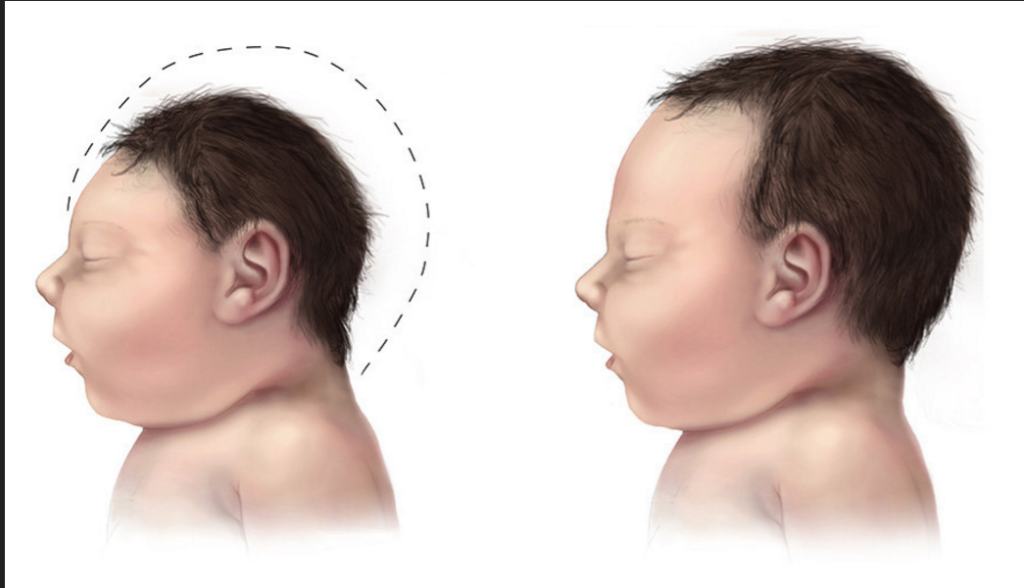CBS Evening News has reported that the Senate moved closer to approving the $1.1 billion in new funding that will help fight the spread of the Zika virus, “but that’s only about half” of what President Obama asked for.
The House, meanwhile, “wants even less: $622 million.” Health officials are cautioning that the mosquito borne illness will become more prominent in the US soon. There are already more than 100 cases in Florida. With the coming summer months just around the corner, there is no doubt that this will be the case.
Dr. Jon LaPook who is the chief medical correspondent for CBS News and is Professor of Medicine at the NYU School of Medicine quoted CDC Director Dr. Thomas Frieden as stating that the lack of funding is “mind-boggling. This is no way to fight an epidemic. We’re basically nickeling and diming the response when we know there are urgent needs that aren’t getting met.” LaPook added, “I’m hearing similar sentiments at every level of public government.” LaPook concluded by saying, “you have to ask yourself, as public health officials are asking, do we really need to wait for” Zika to spread locally “before springing into action and mounting a full court press that is so desperately needed.”
The Washington Post reported that the “House Republicans are balking at the proposal, as they plan to move their own aid bill later this week.” By a 68-29 vote, the Senate “cleared a key procedural step that will now allow senators to adopt a bipartisan spending amendment…that beat out two competing proposals.” It is unclear, however, how soon Senate leaders will be able to “settle their differences with House Republicans, who are reluctant to approve new funds unless they are offset with cuts elsewhere in the budget.”


 Insomnia is a sleep disorder whereby people have difficulty falling and/or staying asleep.
Insomnia is a sleep disorder whereby people have difficulty falling and/or staying asleep.